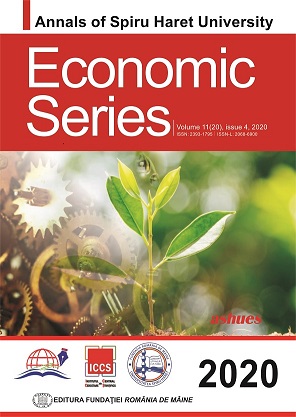THE FINANCIAL CONTAGION EFFECT
OF THE SUBPRIME CRISIS ON SELECTED DEVELOPED MARKETS
THE FINANCIAL CONTAGION EFFECT
OF THE SUBPRIME CRISIS ON SELECTED DEVELOPED MARKETS
Author(s): Shiraz Ayadi, Houda Ben SaidSubject(s): Economy, Socio-Economic Research
Published by: Editura Fundaţiei România de Mâine
Keywords: financial contagion effect; subprime crisis; developed markets; VECM;
Summary/Abstract: The purpose of this empirical study is to explore and compare the effects of subprime crisis on some of developed markets (e.g. France, Germany, the United Kingdom and Japan).The VECM model and Johansen’s cointegration approach (1988) have been used to verify the existence of potential short and long run relationships between the United States market, where the subprime crisis has been triggered, and the other markets. The results indicated that all the markets are cointegrated in the long run and there is long run equilibrium. Dynamic interactions between the developed markets and the US increased during the subprime crisis.Our results shed light on financial contagion as the element that dramatically spreads the shock to the whole financial system as well as other financial markets. This contagion is a top priority for investors, financial regulators and international organizations whose goal is to improve the global financial regulation system and make it more resistant to shocks.
Journal: Annals of Spiru Haret University. Economic Series
- Issue Year: 20/2020
- Issue No: 4
- Page Range: 65-100
- Page Count: 36
- Language: English

